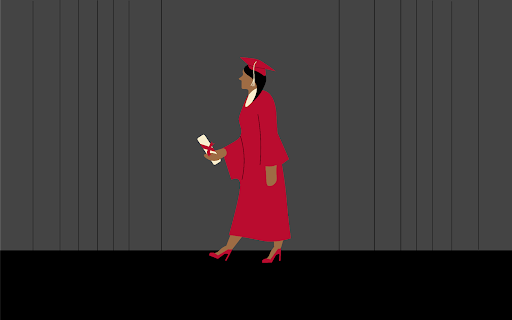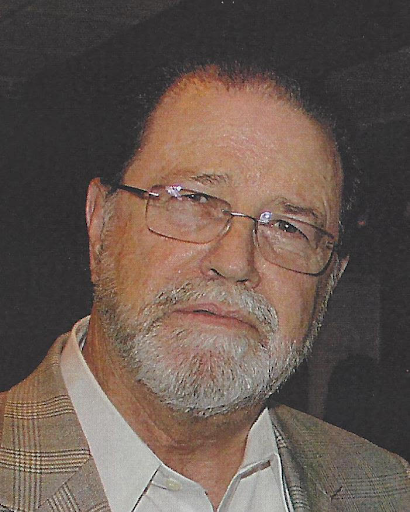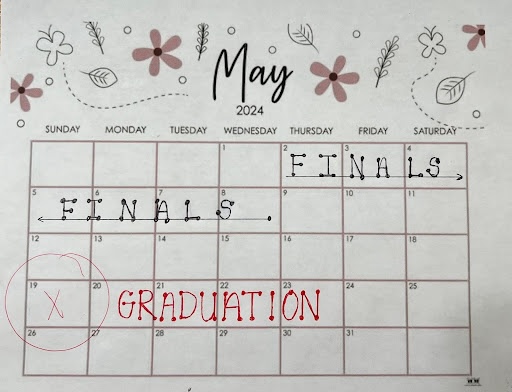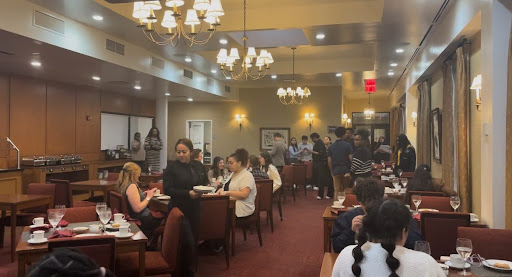Ever since the 2000 presidential election, more and more Americans have been asking themselves one important question: does my vote even matter?
Since that fateful election, voter turnout – especially among students – has been consistently low, despite the best efforts of professors, politicians, and various awareness campaigns. But this year could be different, especially for the Democrats.
In an interview with The TORCH, St. John’s Government and Politics professor Dr. Robert Pecorella noted that student interest in this year’s election has been higher than he’s seen in a long time.
“It’s been much higher,” he noted, “and that’s definitely because of Obama.”
Barack Obama, by far one of the most captivating candidates to ever run for president, has drawn a solid core of student support. And the historical precedent of nominating an African American candidate has only helped his popularity.
“This election is wide open,” Pecorella continued, “with no designated successor. It’s an election that’s getting students’ attention.”
But the Democrats, despite the youth’s growing interest, may wind up pushing more student voters away.
More specifically, I’m referring to the “super delegates” – an unfair and unnecessary system used by the Democrats to elect their candidate. The “super delegates” are the higher ups of the Democratic Party, like former Presidents Bill Clinton and Jimmy Carter, former Vice President Al Gore, and all Democratic Governors and Senators. Each of these “super delegates” gets one whole delegate vote to themselves; according to an MSNBC article from last year, they comprise 842 of the delegate votes – nearly 40 percent of all delegates – and the average voters do not influence their choice.
Meanwhile, the average Democrat voter, on an individual level, has only a small fraction of a whole delegate vote. To put so much more power in the hands of the Democratic higher ups is one of the least democratic election methods I’ve ever heard of.
In essence, the “super delegates” could very well determine the entire Democratic nomination. If the primaries stay close, and the candidates split up the delegate votes from Super Tuesday, then the 40 percent vote of Democratic higher ups will, in essence, determine who wins.
This system undoubtedly favors Senator Hillary Clinton, who has spent far more years in office and around Washington than newcomer Barack Obama. Clinton’s political clout and influence, both from herself and her husband, give her an unfair advantage to win the nomination over Obama.
This could lead to one grim possibility for the Democrats: Barack Obama gaining a slight majority of delegate votes, in addition to the popular vote, yet losing to Hillary Clinton because of the “super delegates.”
The Democrats would send a terrible message to their voters if this scenario were to happen, only increasing the disgust that young voters have been feeling towards our election process.
The Republicans, on the other hand, have no “super delegate” system, and it’s a major reason why Arizona Senator John McCain has such a good chance at winning. Despite an indifferent relationship with most Republican higher ups, McCain has continued to gain momentum, placing high in nearly every primary.
Without a “super delegate” system, the Republican Party is ensuring that they elect the most popular candidate – not just whomever falls in line with the core group of party leaders.
The Democrats could learn a thing or two from the Republicans and put a little more faith in their own voters. Although the “super delegates” have not been the final say in most previous elections, this year’s tight race will definitely make them a factor. The “super delegate” system needs to be abolished; otherwise, we may see even more young voters turned off from politics.
So, before you vote in this upcoming primary, it’s worth asking yourself: does my vote even matter? Unless the Democrats finally abolish the “super delegate” system, the answer this year may very well be “no.”
















